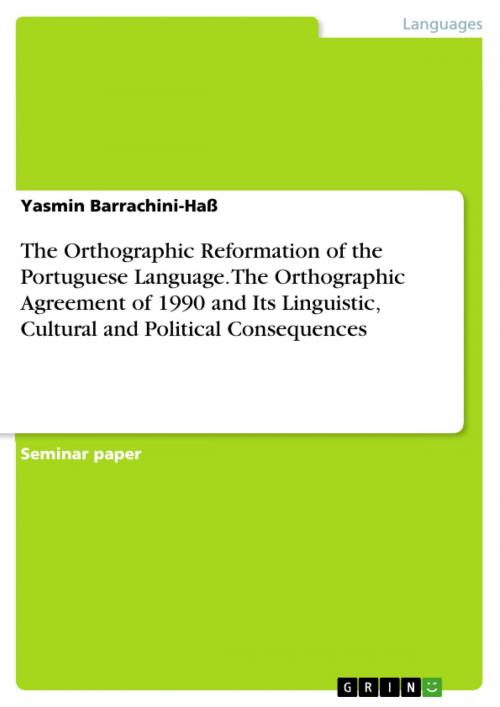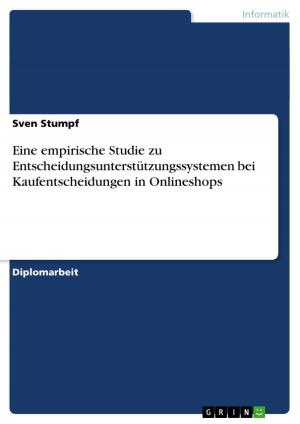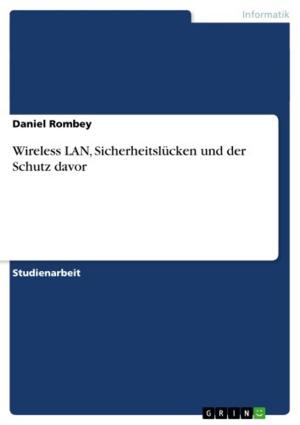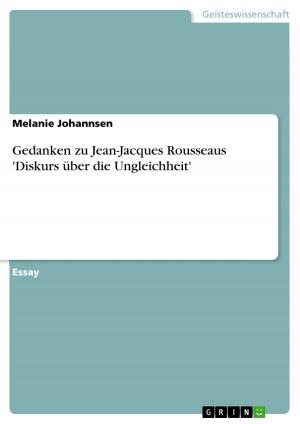The Orthographic Reformation of the Portuguese Language. The Orthographic Agreement of 1990 and Its Linguistic, Cultural and Political Consequences
Nonfiction, Reference & Language, Language Arts, Linguistics| Author: | Yasmin Barrachini-Haß | ISBN: | 9783668197602 |
| Publisher: | GRIN Verlag | Publication: | April 15, 2016 |
| Imprint: | GRIN Verlag | Language: | English |
| Author: | Yasmin Barrachini-Haß |
| ISBN: | 9783668197602 |
| Publisher: | GRIN Verlag |
| Publication: | April 15, 2016 |
| Imprint: | GRIN Verlag |
| Language: | English |
Seminar paper from the year 2013 in the subject Speech Science / Linguistics, grade: 1,2, University of Bremen, course: Das (französische) Lexikon: theoretische, synchrone und diachrone Aspekte, language: English, abstract: The orthographic agreement of 1990 will be the focus of this term paper. The first chapter will note important historical events regarding previous orthographic agreements between Portugal and Brazil, as well as the orthographic agreement of 1990. The most significant changes in the Portuguese orthography in relation to the orthographic agreement of 1990 will be presented in the second chapter. Particularly changes in the alphabet, spelling, the use of diacritical marks, as well as the use of majuscule and minuscule will be analyzed. Exceptions in the latest orthographic agreement, which allow bilateral spellings, will also be discussed in the second chapter. For clarification, there will be given several examples in the aforesaid chapter on how certain words were written before the orthographic agreement and after the orthographic agreement. The third chapter will deal with the multiple aspects, as well as the advantages and disadvantages that are connected to the orthographic agreement of 1990. Not only linguistic aspects, but also cultural and political aspects will be discussed in that chapter. Subsequently, there will be an analysis of how this reformation of the Portuguese language might evolve in the future and what this development means for native speakers of the Portuguese language, as well as Portuguese L2 speakers. Portuguese is with approximately 240 million speakers the second most spoken Romance language in the world. It is an official language in Portugal, Brazil, Cape Verde Islands, Angola, Mozambique, Guinea-Bissau, East Timor, Macau and São Tomé and Príncipe. Furthermore, it possesses a co-official status in Equatorial Guinea, as well as a significant cultural presence in Goa, India. Portuguese is the only Romance language that works with two different orthographies. There is the Brazilian orthography, which is used exclusively in Brazil, and the lusophone orthography, which is used in all other Portuguese-speaking areas. These circumstances have been a reason for political and cultural conflict in the past two centuries, especially between Brazil and Portugal, although there have been several approaches to unify both orthographies, a complete orthographic unification has never been achieved.
Seminar paper from the year 2013 in the subject Speech Science / Linguistics, grade: 1,2, University of Bremen, course: Das (französische) Lexikon: theoretische, synchrone und diachrone Aspekte, language: English, abstract: The orthographic agreement of 1990 will be the focus of this term paper. The first chapter will note important historical events regarding previous orthographic agreements between Portugal and Brazil, as well as the orthographic agreement of 1990. The most significant changes in the Portuguese orthography in relation to the orthographic agreement of 1990 will be presented in the second chapter. Particularly changes in the alphabet, spelling, the use of diacritical marks, as well as the use of majuscule and minuscule will be analyzed. Exceptions in the latest orthographic agreement, which allow bilateral spellings, will also be discussed in the second chapter. For clarification, there will be given several examples in the aforesaid chapter on how certain words were written before the orthographic agreement and after the orthographic agreement. The third chapter will deal with the multiple aspects, as well as the advantages and disadvantages that are connected to the orthographic agreement of 1990. Not only linguistic aspects, but also cultural and political aspects will be discussed in that chapter. Subsequently, there will be an analysis of how this reformation of the Portuguese language might evolve in the future and what this development means for native speakers of the Portuguese language, as well as Portuguese L2 speakers. Portuguese is with approximately 240 million speakers the second most spoken Romance language in the world. It is an official language in Portugal, Brazil, Cape Verde Islands, Angola, Mozambique, Guinea-Bissau, East Timor, Macau and São Tomé and Príncipe. Furthermore, it possesses a co-official status in Equatorial Guinea, as well as a significant cultural presence in Goa, India. Portuguese is the only Romance language that works with two different orthographies. There is the Brazilian orthography, which is used exclusively in Brazil, and the lusophone orthography, which is used in all other Portuguese-speaking areas. These circumstances have been a reason for political and cultural conflict in the past two centuries, especially between Brazil and Portugal, although there have been several approaches to unify both orthographies, a complete orthographic unification has never been achieved.















